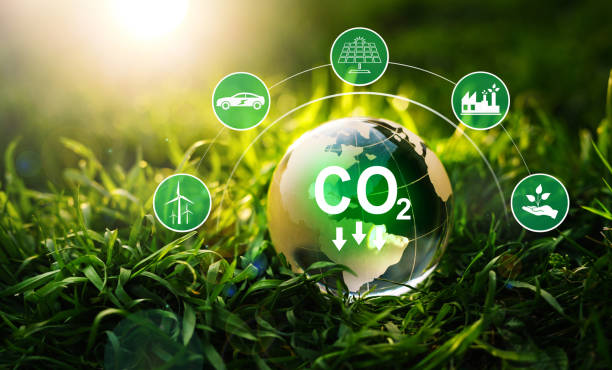
FAQ About Green Economy
Green Economy
2 years ago | gizem
What are the implications of the Green Economy for developing countries?
The Green Economy has significant implications for developing countries, offering both opportunities and challenges. These implications vary based on the country's current level of development, resources, environmental conditions, and socio-economic context. Here are some key implications of the Green Economy for developing countries:
Opportunities:
- Sustainable Development: Embracing the Green Economy can enable developing countries to pursue sustainable development pathways that prioritize economic growth, social equity, and environmental protection.
- Job Creation: Green sectors such as renewable energy, sustainable agriculture, and eco-tourism can create employment opportunities, particularly in rural areas where job opportunities may be limited.
- Innovation and Technology Transfer: The Green Economy encourages the adoption of new technologies, allowing developing countries to leapfrog traditional development paths and adopt cleaner and more efficient technologies.
- Economic Diversification: Developing countries can diversify their economies by investing in green sectors, reducing dependence on volatile commodity markets and enhancing economic resilience.
- Climate Adaptation: Developing countries are often more vulnerable to climate change impacts. The Green Economy provides tools and strategies for building resilience and adapting to changing environmental conditions.
- Access to Clean Energy: Promoting renewable energy sources can increase energy access in remote and rural areas, reducing energy poverty and improving overall living conditions.
- Natural Resource Management: Developing countries can adopt sustainable practices that ensure the long-term availability of natural resources, preventing depletion and resource-related conflicts.
- Reduced Health Costs: Adopting cleaner technologies and reducing pollution can lead to improved air and water quality, reducing health-related costs and improving overall well-being.
Challenges:
- Resource Constraints: Developing countries may face resource constraints in terms of financing, technology, and skilled labor needed for a transition to the Green Economy.
- Capacity Building: Building the capacity of local institutions, government agencies, and communities to implement green strategies can be a challenge, requiring investments in education and training.
- Technology Transfer: Access to and transfer of green technologies can be limited by intellectual property rights and affordability issues.
- Policy and Regulatory Frameworks: Developing countries need to create supportive policy and regulatory environments to incentivize and facilitate the adoption of green practices and technologies.
- Balancing Priorities: Developing countries often have pressing development needs such as poverty reduction and basic service provision. Balancing these priorities with green investments can be challenging.
- Social Equity: Ensuring that the benefits of the Green Economy reach all segments of society, including marginalized populations, requires targeted policies and interventions.
- Financing Challenges: Access to green financing and investments can be limited in developing countries, requiring innovative financing mechanisms and international support.
- Infrastructure Gaps: Developing countries may lack the necessary infrastructure for sustainable transportation, waste management, and renewable energy deployment.
- Market Access: Access to global markets for green products and services can be limited by trade barriers and competition from established industries.
- Data and Monitoring: Developing countries may lack the data and monitoring systems needed to track progress toward green goals and measure impacts.
